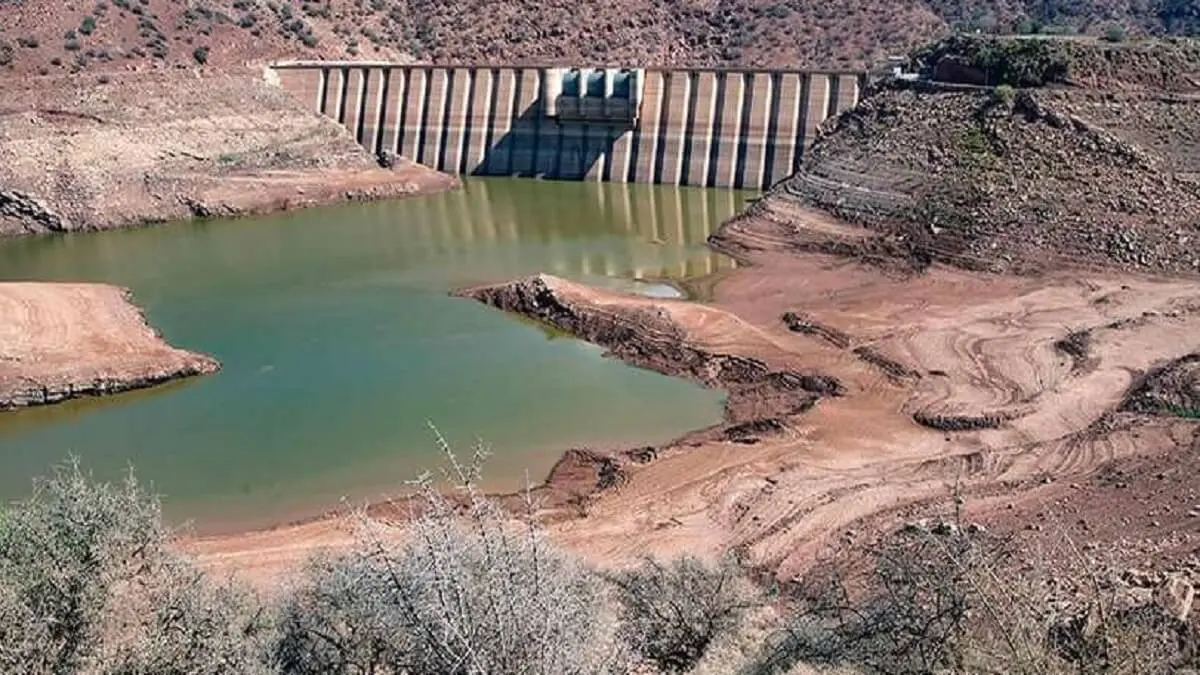Water motorway project saves water supply cuts in Morocco

At the end of August, Morocco launched a project in response to the effects of climate change. In order to guarantee the supply of Rabat and Casablanca, the Kingdom managed to connect two of the country's most important rivers, which could thus supply the Sidi Mohamed Ben Abdellah and El Massira dams.
Construction in record time
A few months after the project was put into operation, the results are very positive. Nizar Baraka, Moroccan Minister of Equipment and Water, reported to the House of Representatives on the results of this initiative since September. According to Baraka, this connection between rivers has made it possible to transfer 110 million cubic metres of water, a very high figure considering that the Sidi Mohamed Ben Abdellah dam has a total capacity of 180 million cubic metres.
This is a project which, although it has been built in record time since its resumption by the current Moroccan government, was due to be inaugurated in 2021. At a cost of 6 billion dirhams, the Ministry of Agriculture, in collaboration with the Regional Office for the Development of Gharb, was in charge of developing an initiative under the name of "water highways" with a length of more than 66 kilometres.

Had it not been for this project, the dam would not have reached even half its full capacity. It is estimated that it would not have exceeded 70 million cubic metres, or in other words, it would have triggered a series of water supply cuts in the cities of Casablanca and Rabat.
Morocco leads the fight against water shortages
When the creation of these water highways was announced, the institutions behind the project identified the following priorities: "ensuring flexibility and better management of hydraulic structures, guaranteeing the supply of drinking water to coastal regions and supporting their socio-economic development, and optimising resource management through the efficient use of desalination plants", among others.

The results only go to show that Morocco had a great capacity to anticipate the challenges, and has managed to avoid what could have been a serious crisis for two of its most important cities. In this respect, the Kingdom is a pioneer on the African continent, which has attracted the attention of many neighbouring countries that intend to follow in its footsteps in this field.
Aziz Akhannouch's government intends to implement many projects to prevent possible periods of drought. The intention is to build 179 large dams by 2027, as well as some 20 desalination plants by 2030. If forecasts are realised, these initiatives could enable Morocco to obtain more than 1 billion cubic metres from desalination plants alone.








